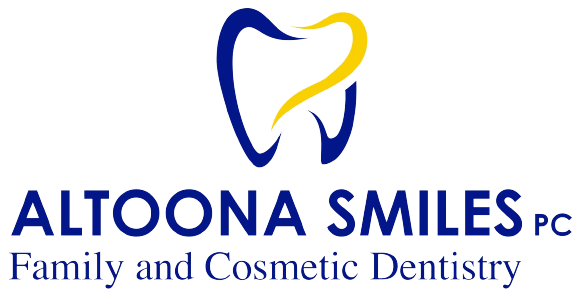Everyone has heard of the benefits of drinking water. We know that it’s good for everything from the skin to the kidneys. Water helps your joints, maintains a healthy body temperature, and prevents dehydration. Water has no calories and no sugar which further helps with losing weight. But did you know there are also oral health benefits from drinking water?
What Are The Oral Health Benefits Of Drinking Water?
1. Water strengthens your teeth.
2. Water can flush out your mouth.
3. Water prevents and fights against bad breath.
4. Water has no calories.
How Does Water Strengthen Teeth?
In the United States of America, tap water has fluoride added to it. It is estimated that for every dollar a city spends to fluoridate its water, an estimated $38.00 is saved from tooth care. If you have a well or drink only bottled water, you and your children are missing out on this highly beneficial mineral. Fluoride strengthens teeth. There is fluoride in your toothpaste but if that is your or your child’s only exposure to fluoride can talk to your dentist about fluoride treatments.
How Does Water Help You Flush Out Your Mouth?
When you have food particles left on and between teeth, this creates the perfect breeding ground for acid to build up and dental erosion, also known as the mineral breakdown of the outside of the teeth. When you flush your mouth with water, it helps eliminate these leftover food particles. For these purposes, no other beverage is as safe and effective as water. Beverages that have a high acidic content or that are sugary in nature only further impact the health of the tooth’s enamel.
How Does Water Prevent Bad Breath?
Saliva is 90% water! Keeping your mouth hydrated, especially while you are on certain medications, can feel like an uphill battle. Staying hydrated while playing aggressive sports, doing extreme exercises, or sweating profusely while working outdoors is a necessity. These activities all increase the likelihood of dry mouth which causes bad breath. Drinking water can cut back on the symptoms of dry mouth. Talking with your dentist about what you think is causing your bad breath can help the dentist narrow down the culprit, but drinking water regularly will be a great solution.
Does Water Have Calories?
No, thankfully! As was mentioned earlier, nothing can take water’s place when it comes to flushing out your mouth of the food debris that gets left behind.
What Are Ways I Can Stay Hydrated In Everyday Life?
Although there are plenty of beverages to choose from, consider substituting sugary or alcoholic beverages with water. When you go out to eat, consider ordering water instead of soft drinks. This can be a great way to save money and calories. Another option is to freeze bottles of water so that you take cold water with you all day. Don’t forget you can carry your water bottle with you everywhere you go, refilling it as needed. And don’t be afraid to drink tap water, as the fluoride will benefit the health of your teeth. Drinking water is beneficial to all parts of your body from your teeth and mouth down to your skin and hair.
The best way to prevent any serious dental or oral health issues is by visiting your dentist twice a year for regular cleaning and check-ups. If you are concerned about a toothache, worried about potential symptoms of tooth decay, concerned about chronic dry mouth, or searching for a family or cosmetic dentist in Altoona, IA, consider Altoona Smiles. Call 515-200-1299 to schedule an appointment today.







